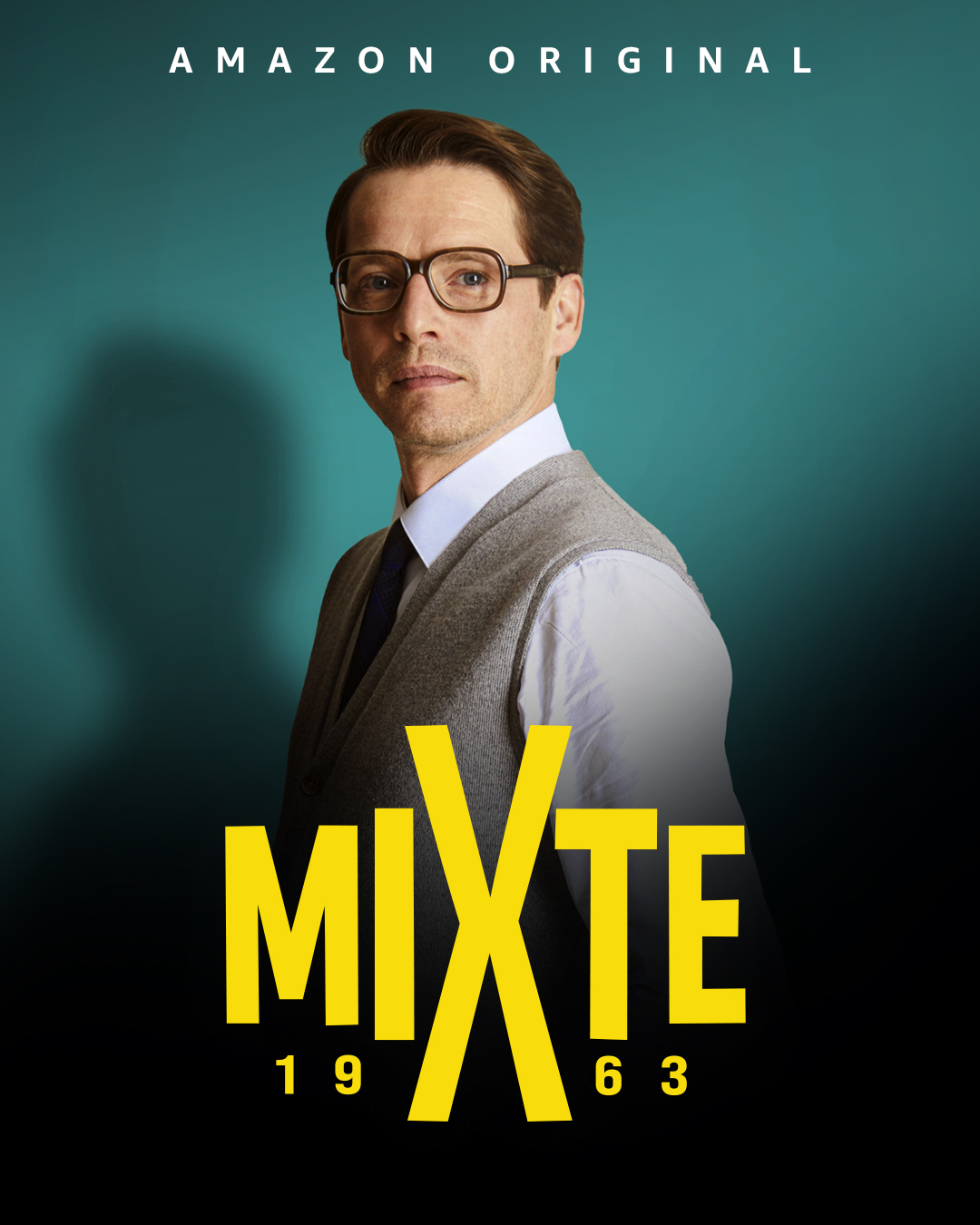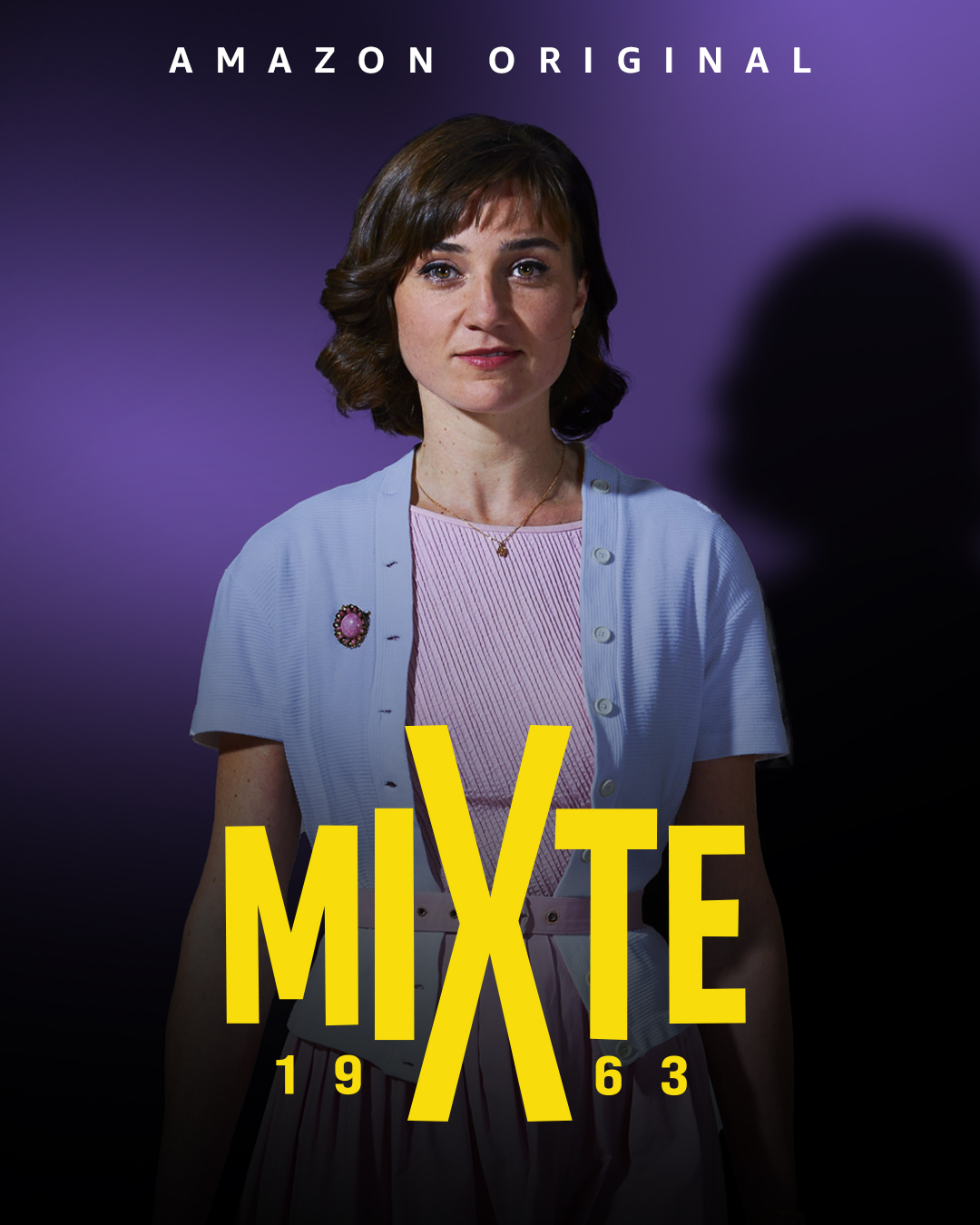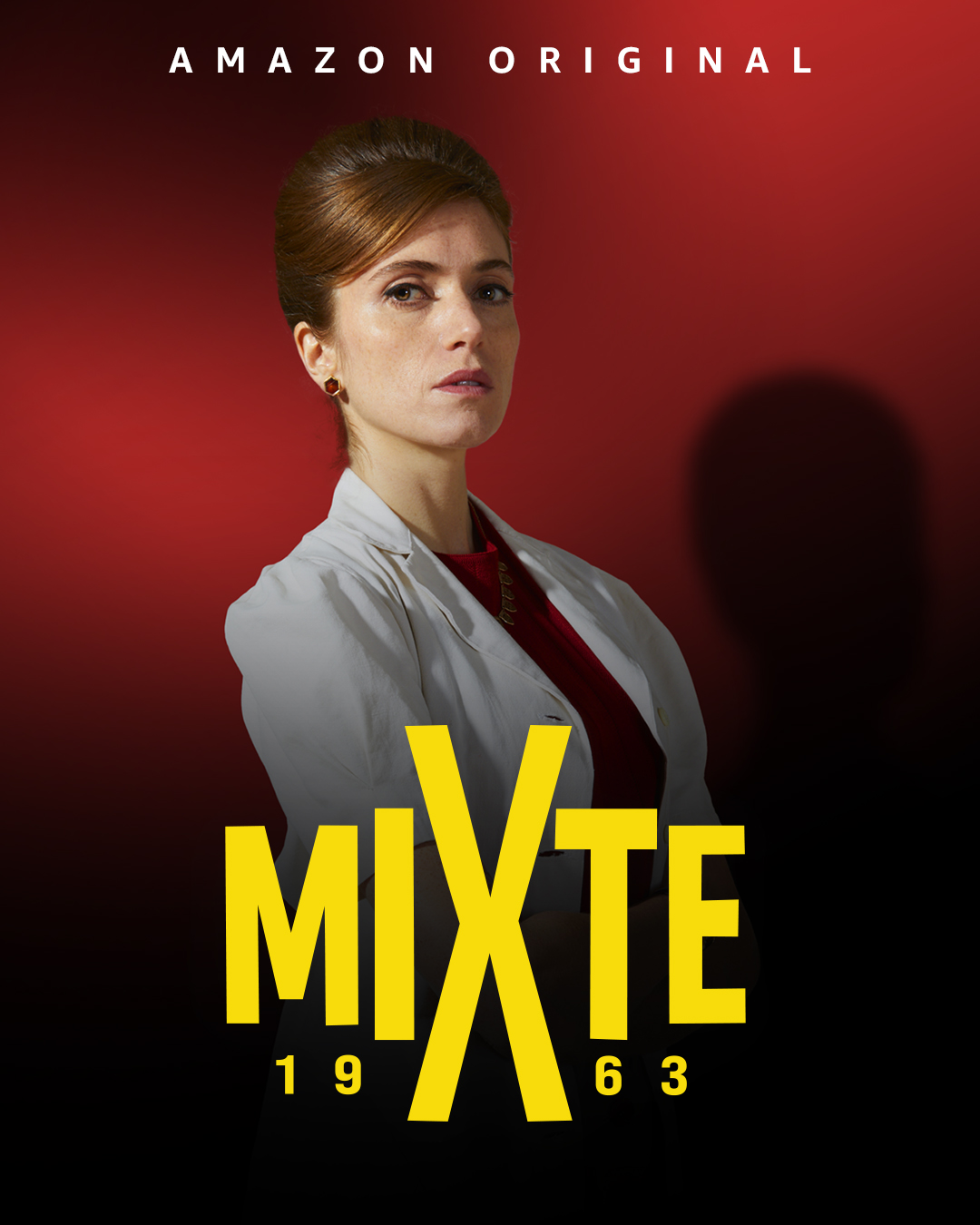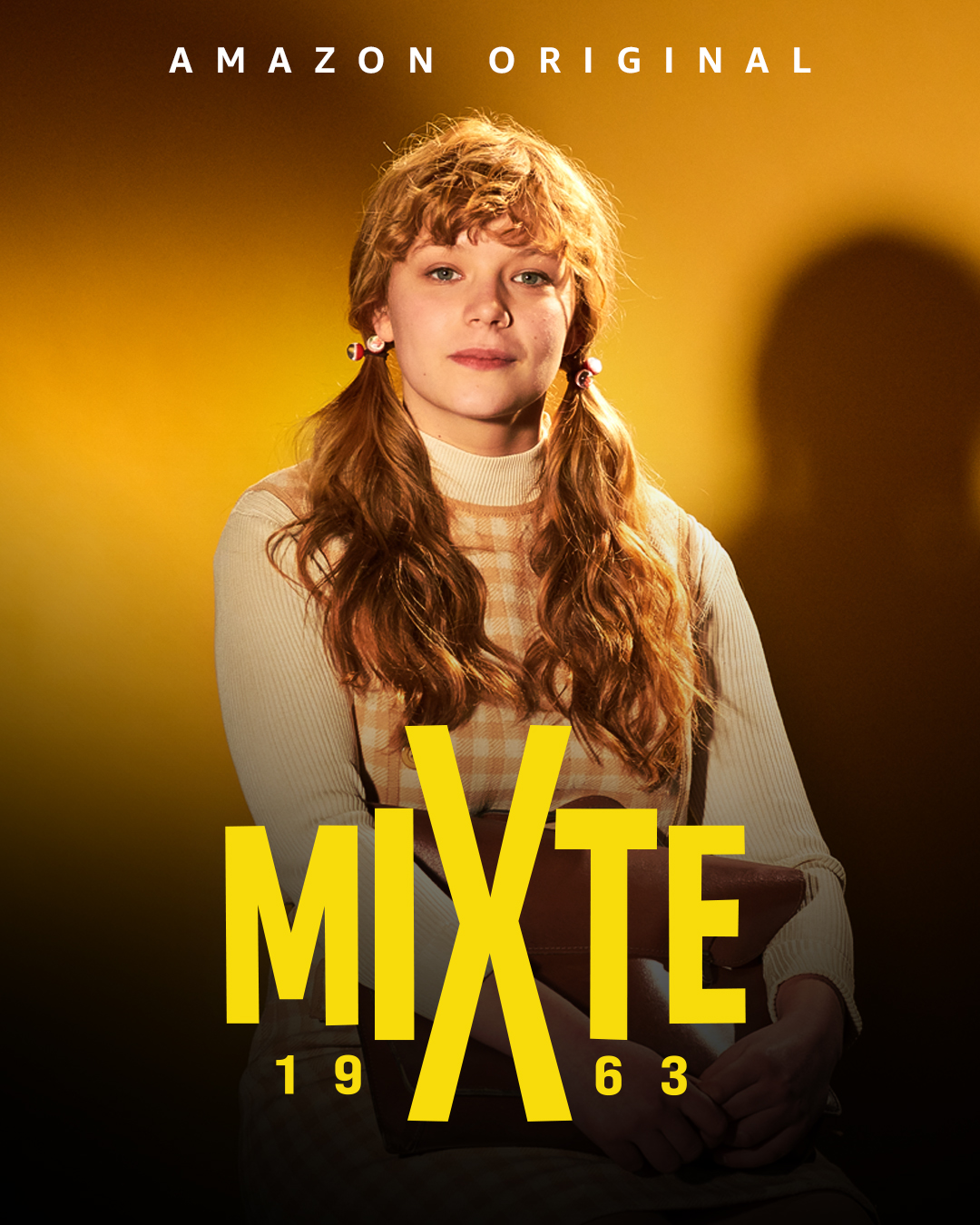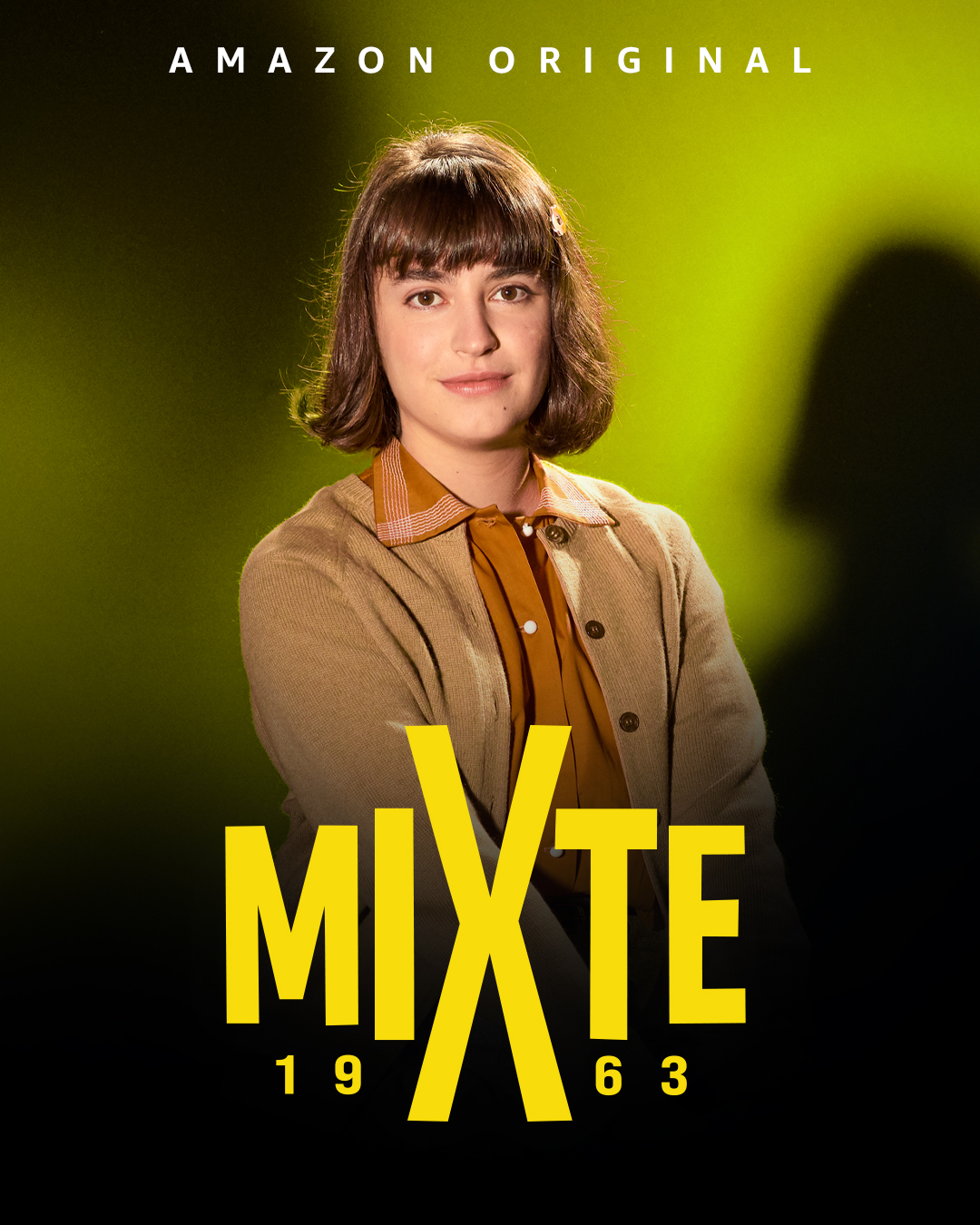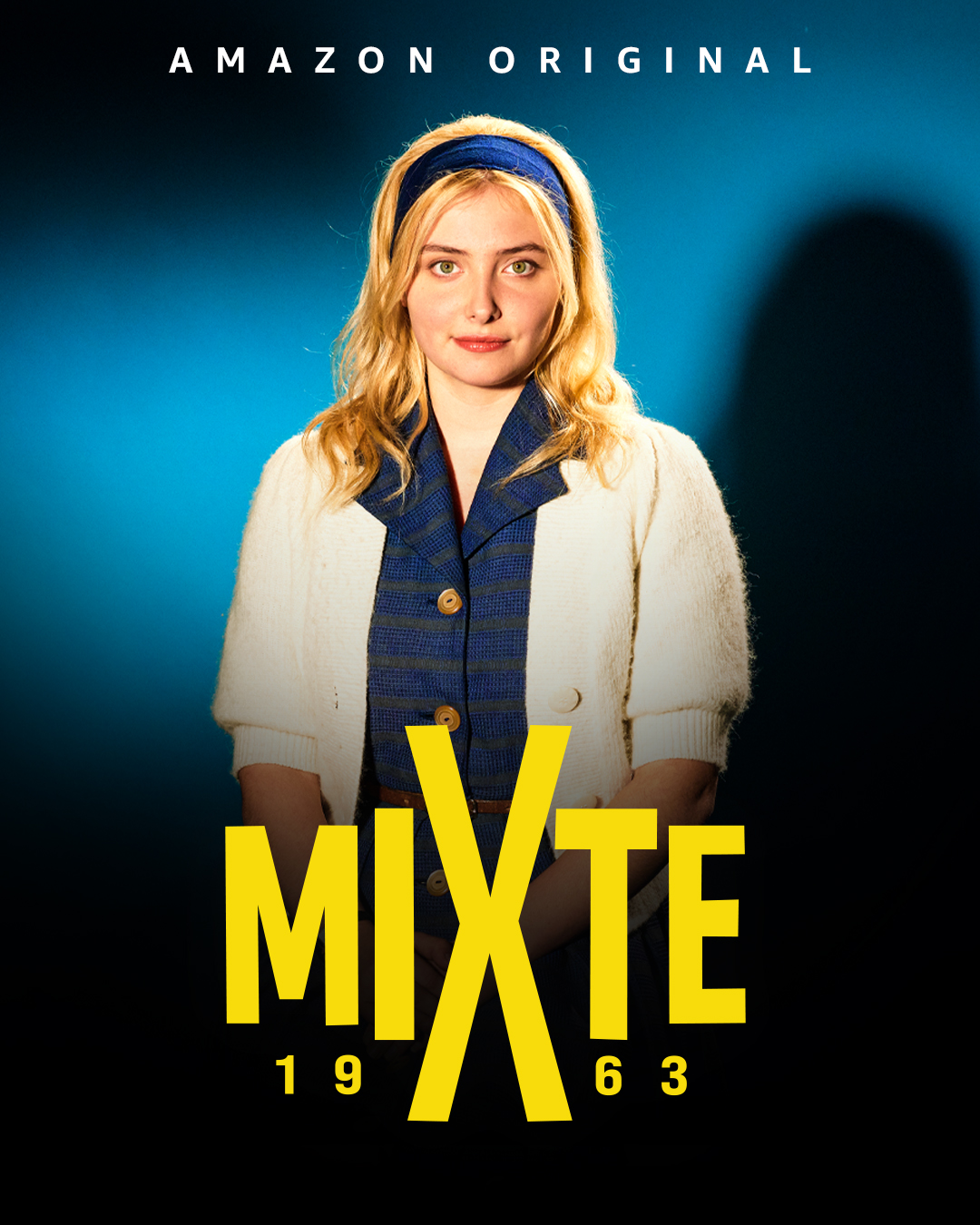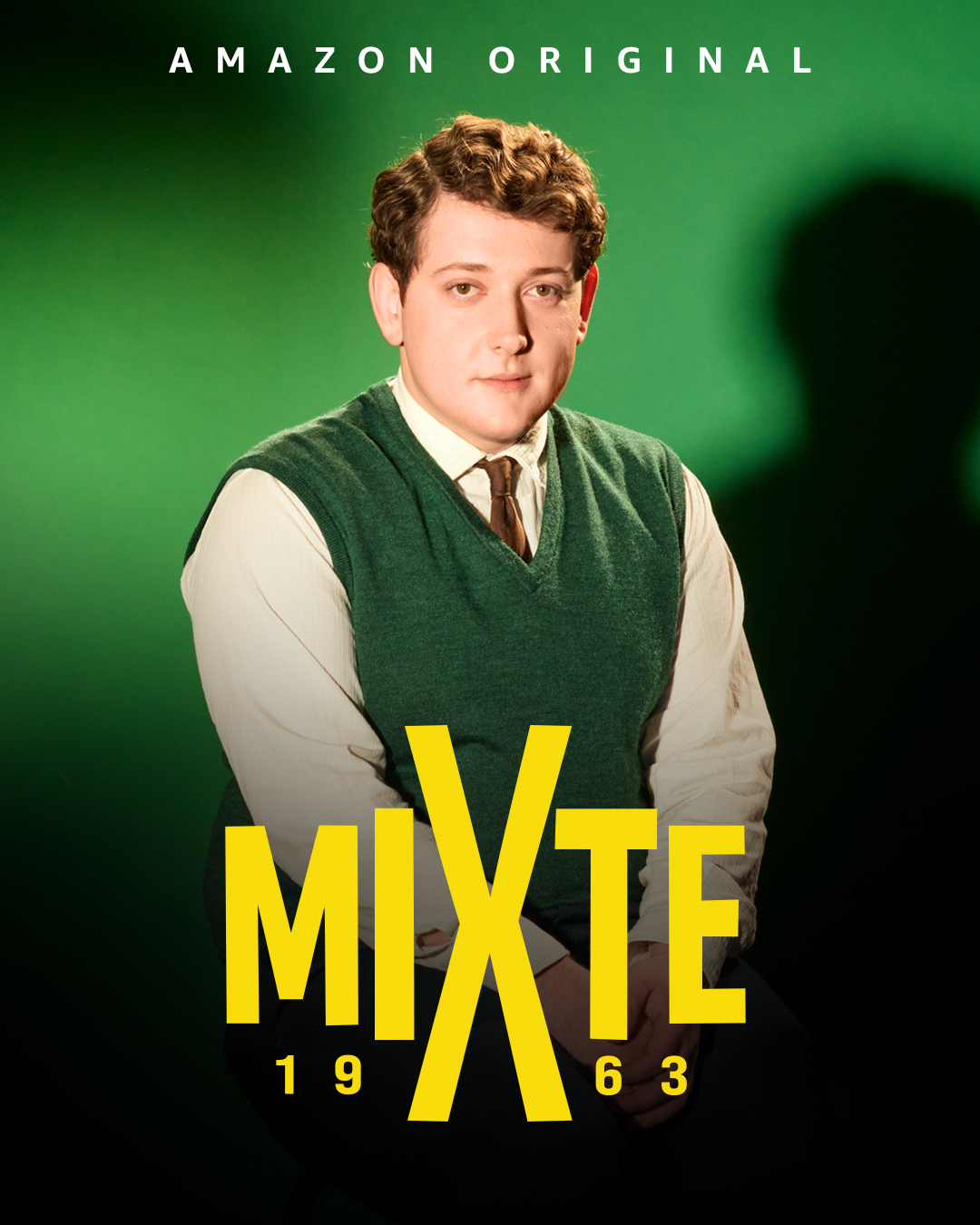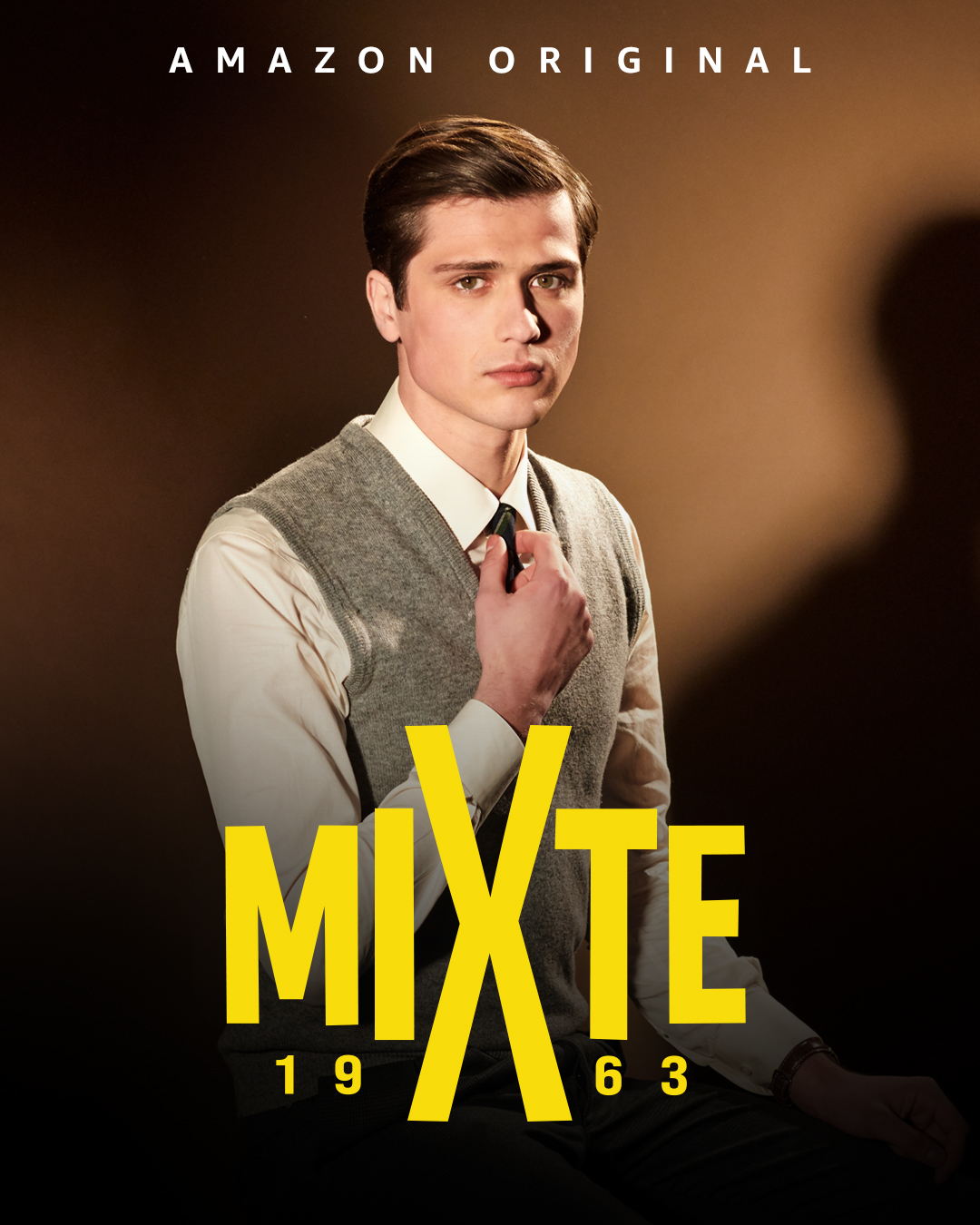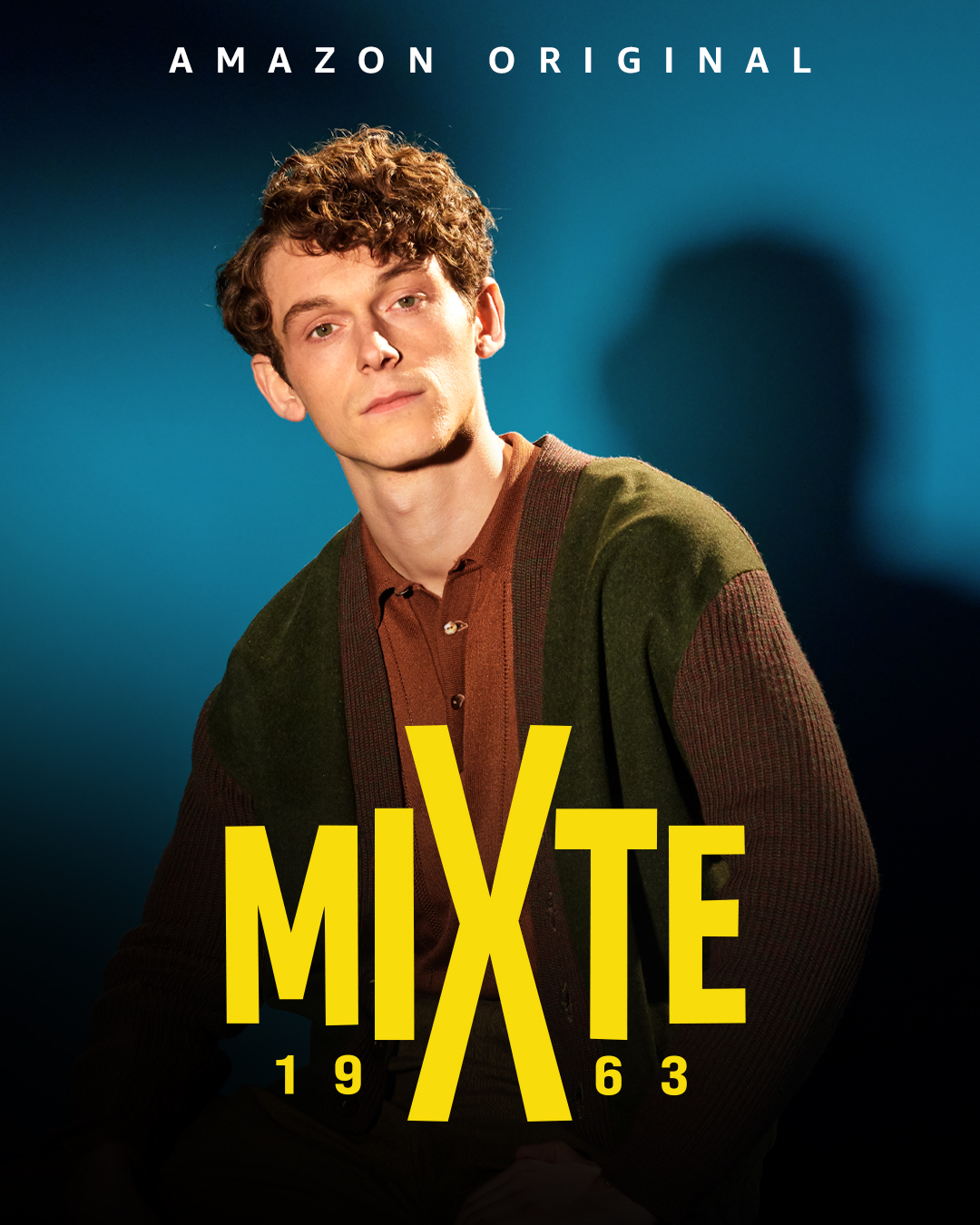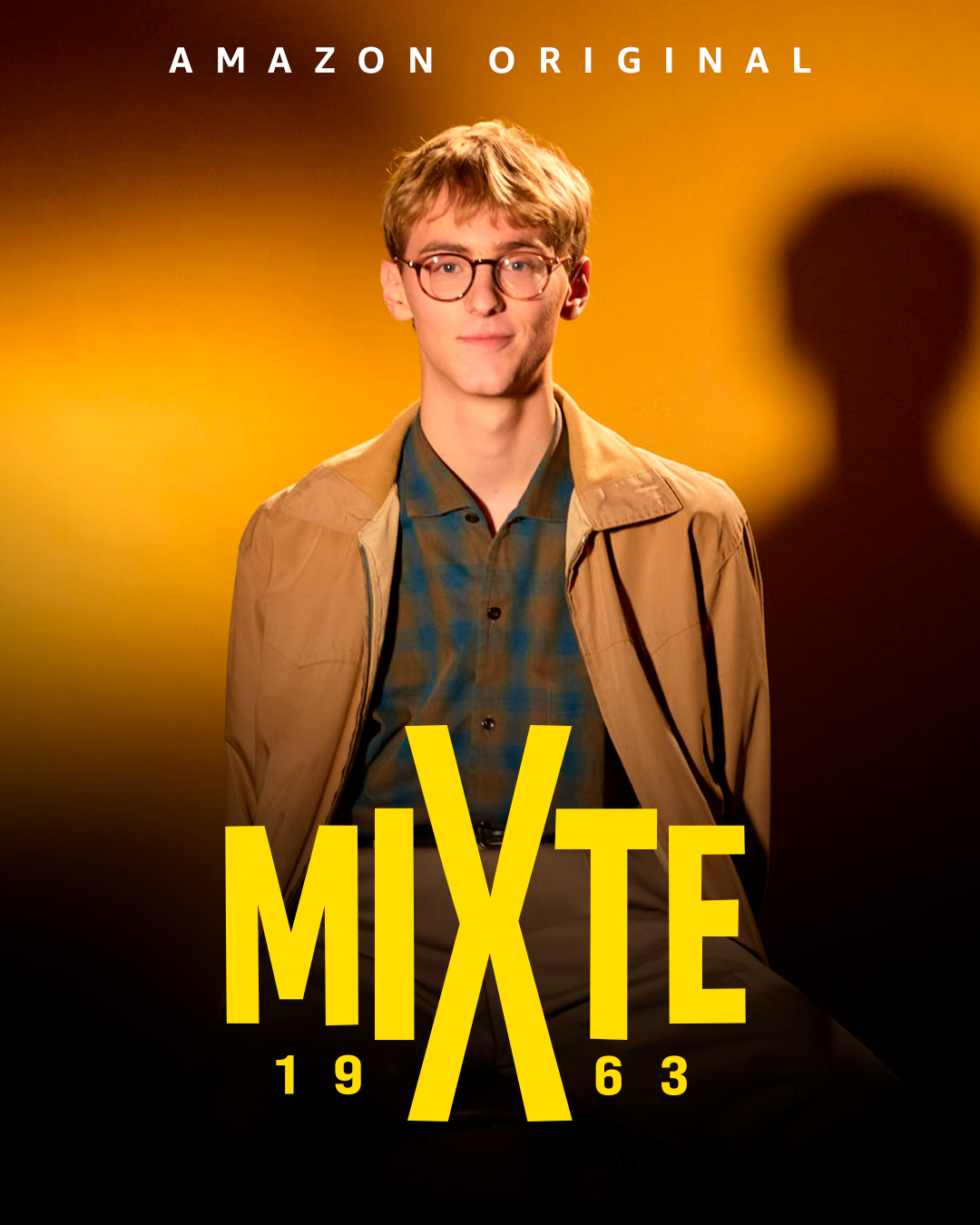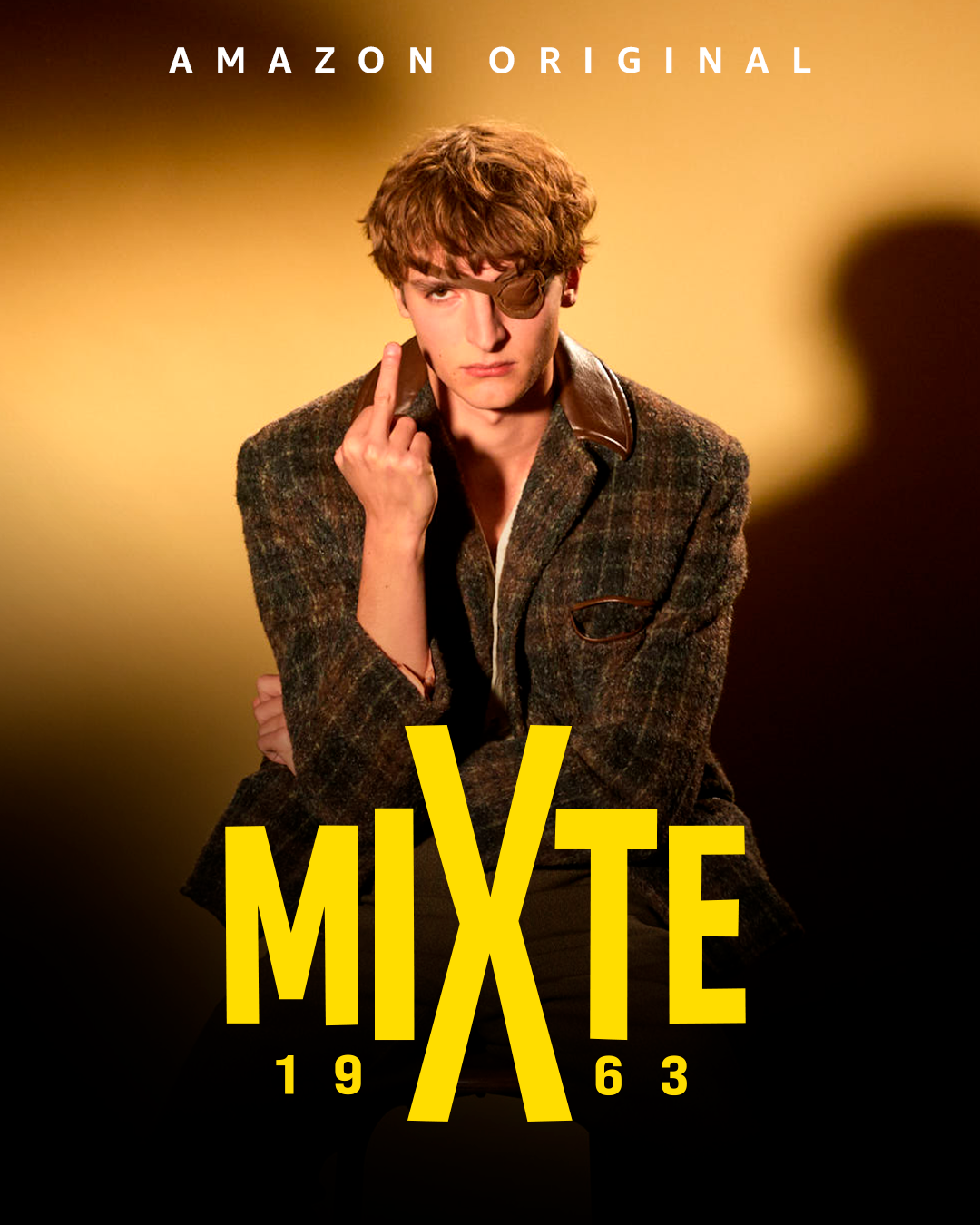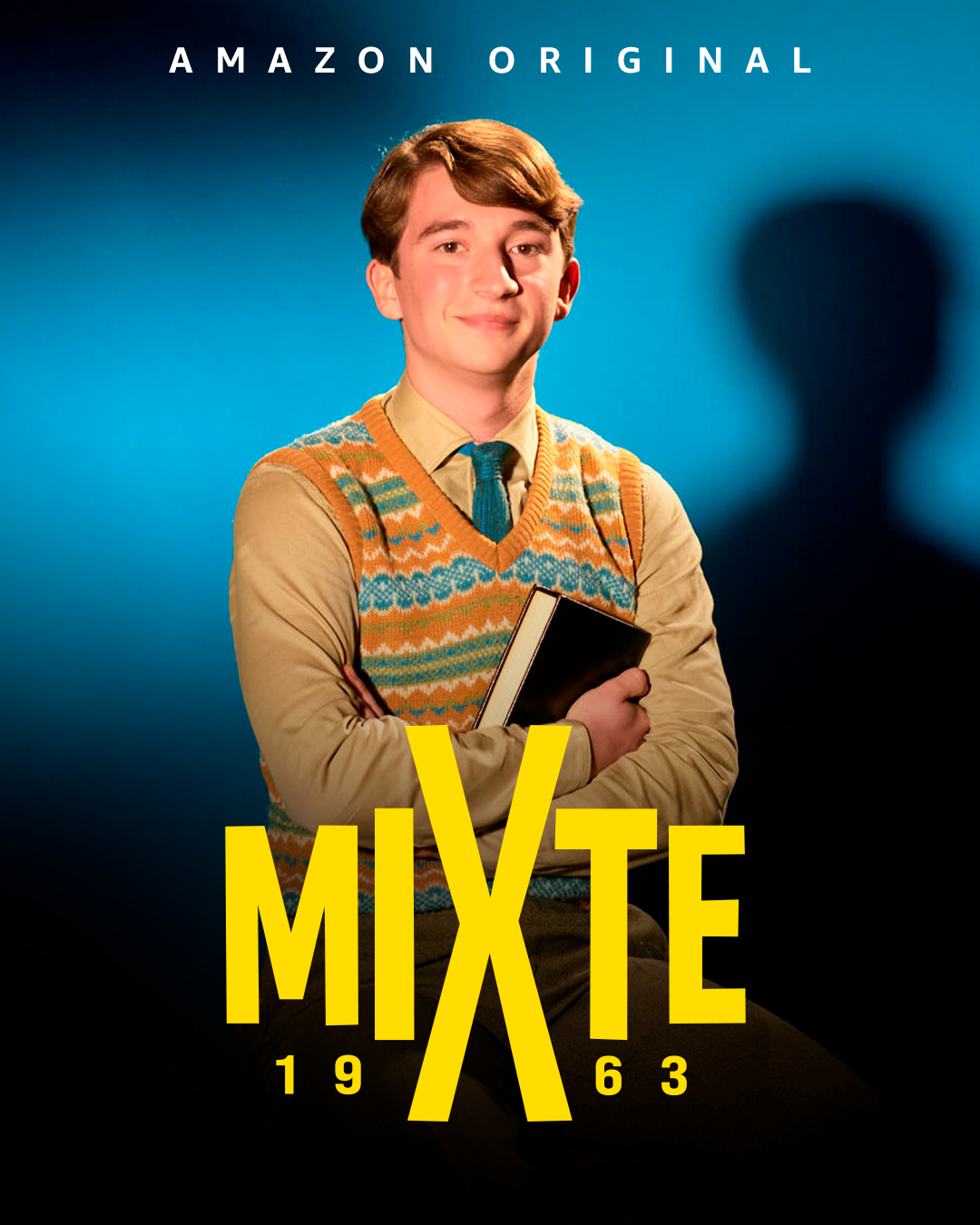Duration
Series – 8×40′
Created by
Marie Roussin
Written by
Marie Roussin, Vladimir Haulet, Julie Albertine Simonney, Clémence Madeleine-Perdrillat, Frédéric Faurt, Hélène Le Gal and Bertrand Marzec
Directed by
Alexandre Castagnetti (Episodes 1 to 4)
Edouard Salier (Episodes 5 to 8)
Starring
Pierre Deladonchamps, Nina Meurisse, Maud Wyler, Anne Le Ny, Gérald Laroche, François Rollin,
Léonie Souchaud, Anouk Villemin, Lula Cotton Frapier, Nathan Parent, Baptiste Masseline, Gaspard Meier-Chaurand, Gaspard Gevin-Hié, Arthur Legrand, Vassili Schneider, Antoine Werner, Dimitri Fouque, Adil Mekki, Enzo Monchauzou, …
Original music
Fred Avril
Producer
En Voiture Simone
Autopilot Entertainment
Amazon Studios
Broadcaster
Prime Video
Current status
Online on Prime Video
since September 10, 2021 (all territories)
